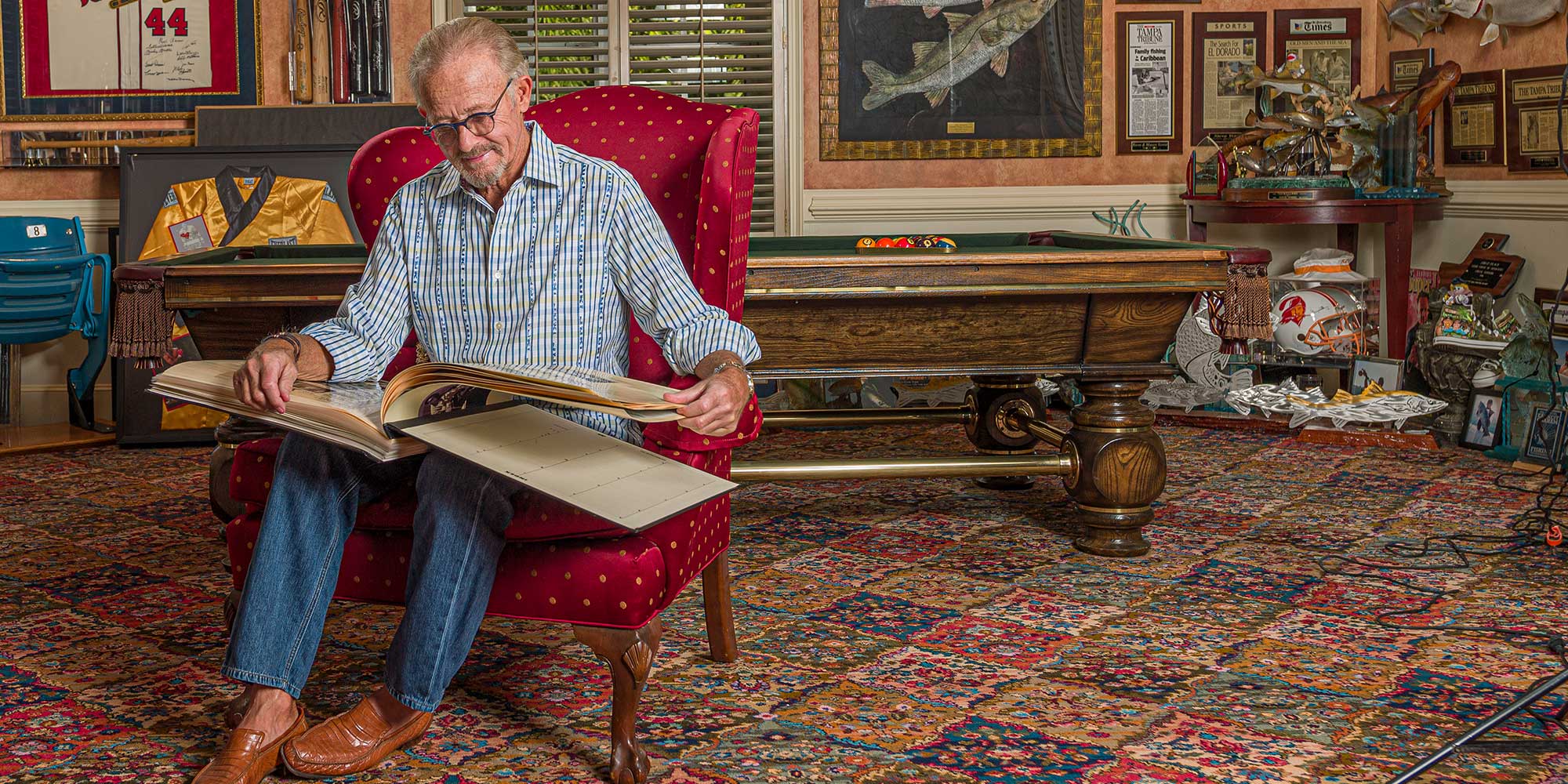Brought to you by The Yerrid Law Firm
Steve Yerrid knows the cynicism some people hold toward lawyers. He’s quick to point out… “until they need one.”
But Yerrid has a different perspective. As a trial lawyer, he’s in it for those who have no one else on their side and are too often outmatched in resources and without equal representation when trying to right a wrong against big corporations or powerful special interests. And it’s not even just about them. Often Yerrid asks himself “can I make a difference in this case,” and “can this case make a difference for others?”
In most of the cases he accepts, the verdicts reached don’t benefit just one individual or family. Instead, they often have far-reaching repercussions that fundamentally change some element of everyday life for the better. Some of these outcomes have effectuated tremendous impact — and turned the ripples of an individual case into tsunamis of societal change.
Today, worldwide bridge design and construction now emphasize safety above cost; ATMs have become more secure; emergency room patients receive a higher standard of care; cigarette smoke has continually disappeared from the air due to less usage; and our nation’s youth are better educated about the truth of nicotine addiction and its deadly costs thanks to the efforts of Florida’s legendary “Dream Team” (Yerrid was its youngest member) that took on Big Tobacco, a previously never-beaten Goliath, and won.
“Too many times, the win goes to the powerful and the rich. Their money and station in life can make a difference in the outcome. Those most vulnerable – individuals, families, seniors, minorities, and many others who are voiceless –just don’t have the same ability to obtain ‘equal’ justice,” Yerrid says. “It is simply not a level playing field, and our system of justice doesn’t always work for those people who most deserve it. We have a long history of injustice in this country. Seeking justice doesn’t always mean getting it. There is a constant struggle to get the ‘rightful’ outcome.”
Here are just a few examples of how Yerrid has fought to win that outcome, not just for his clients, but for society at large.
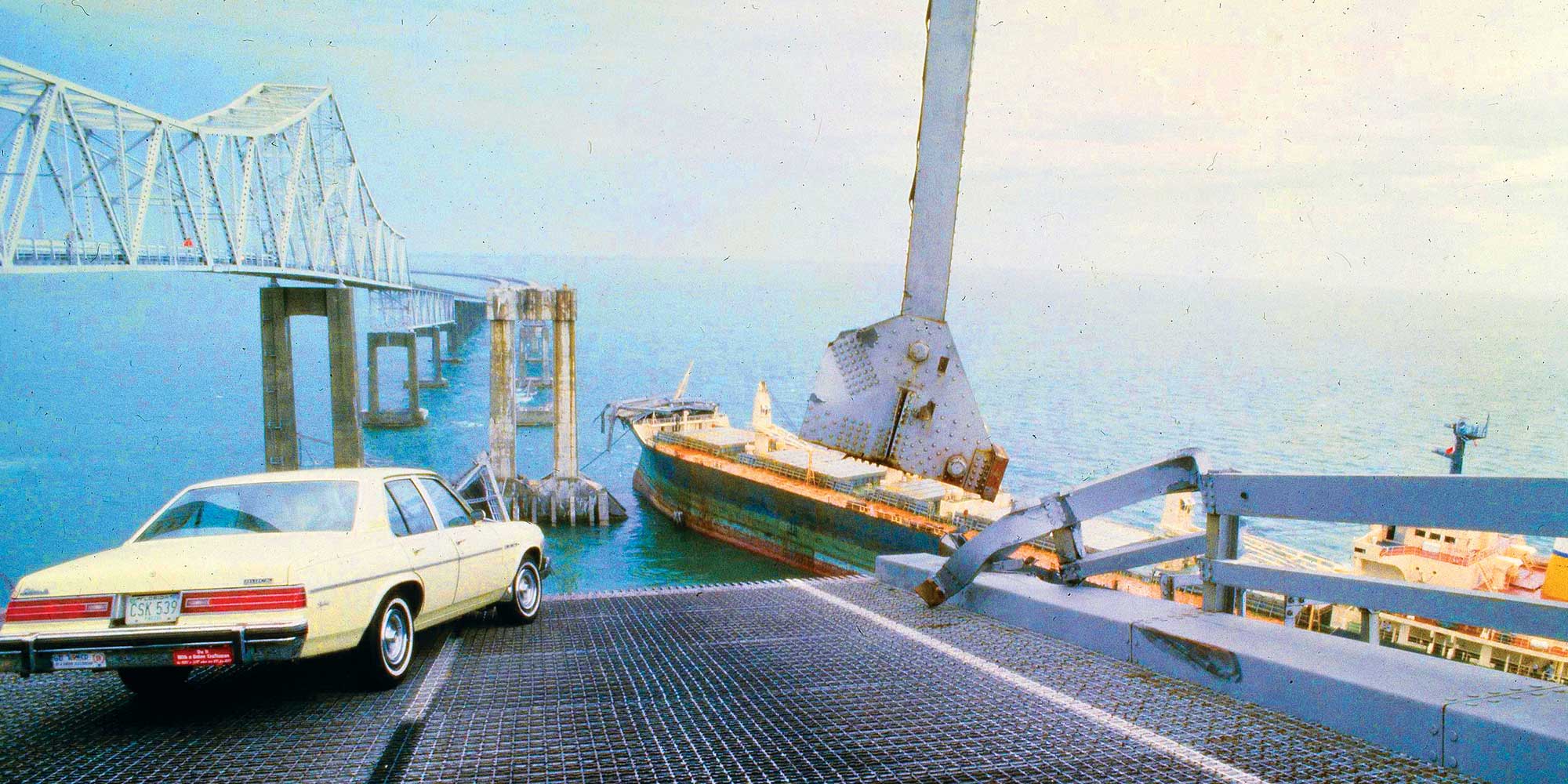
BUILDING BETTER AND SAFER BRIDGES ACROSS THE WORLD
The case that first put Yerrid’s name across the country was his defense of John Lerro, the harbor pilot in command of the 608’ vessel that crashed into the Sunshine Skyway Bridge on May 9, 1980, collapsing the mammoth structure and killing 35 people. It was one of the largest maritime disasters in history and received international attention. “No one thought I would win that case except maybe my mom, and I think even she had her doubts,” Yerrid says.
In addition to successfully asserting a seldom-used “Act of God” defense (meaning nothing humanly possible could have been done to change the course of events or the outcome that occurred) that resulted in the complete exoneration of Captain Lerro, Yerrid also pushed to turn the tragedy into an opportunity for change. The broken Skyway Bridge was built like many of its era — unprotected and without the installation of an acceptable radar warning system. After the collapse, the State of Florida initially sought to simply repair and rebuild the bridge as it was in an approach meant to save time and money rather than prioritize safety.
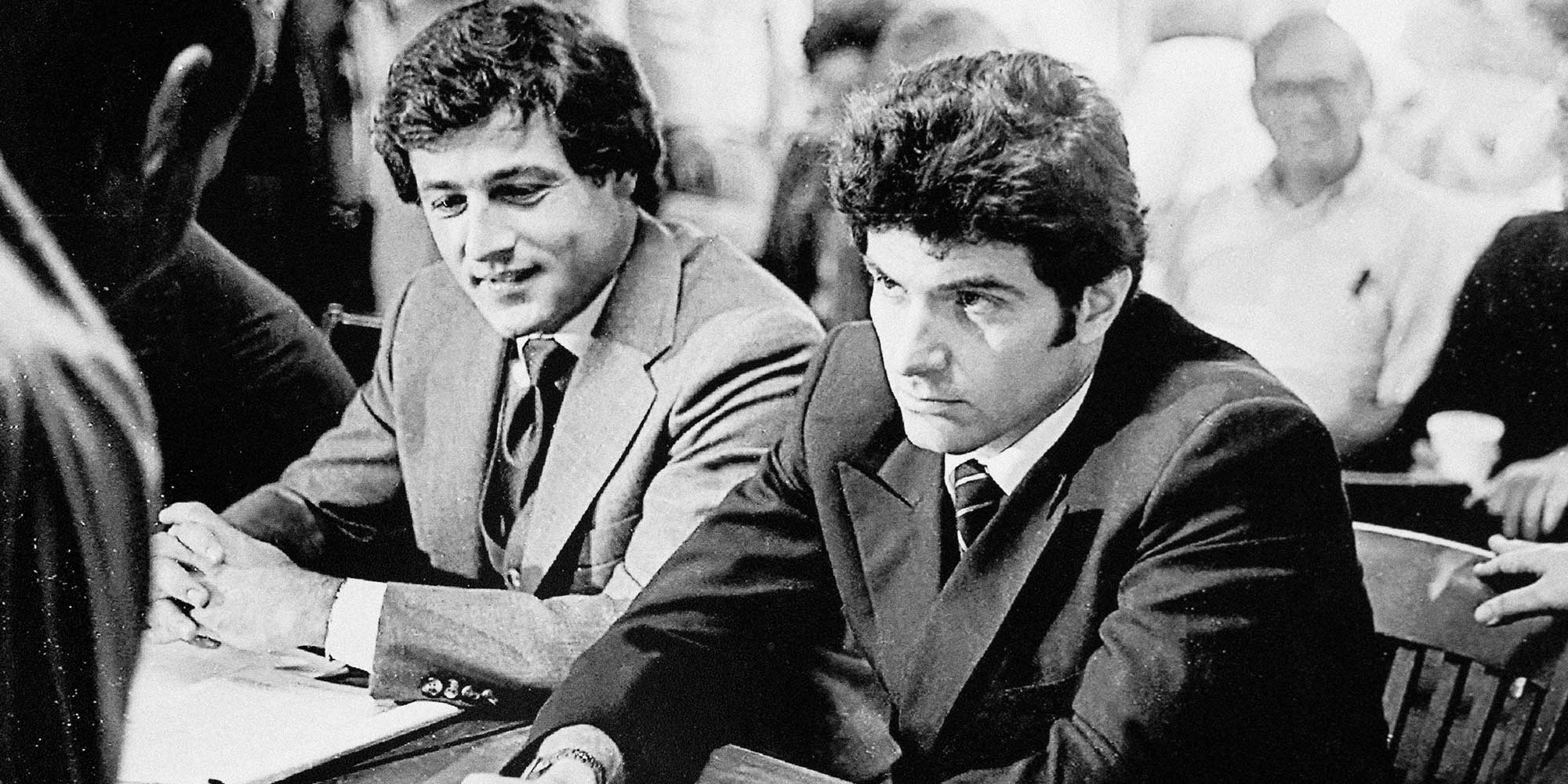
“Gov. Martinez and former Gov. Bob Graham, as well as many others, joined us when we urged that a new Skyway Bridge be built, designed with an emphasis on strengthened and protected support piers, extensive fendering, as well as other vastly improved safety components to provide safety for the welfare of both mariners and motorists,” Yerrid says. “We wanted a new bridge that could withstand the worst of weather conditions and still allow safe transit for both ships and vehicular traffic.”
In 1987, a newly designed bridge, resembling San Francisco’s Golden Gate Bridge, was completed. “The template of the new Sunshine Skyway has since been used to build hundreds of safer and better protected bridges throughout the United States, and in many other parts of the world, as well,” Yerrid adds. “It began a sea change, if you will, in the maritime construction of protected bridges that prioritize safety rather than cost. This tragedy caused that to occur and made certain the lives of these innocent 35 victims were not lost in vain.”
SAFE KEEPING
Another of Yerrid’s cases greatly impacted the banking industry and prompted banks nationwide to make immediate changes and provide a safer environment for customers using outside ATMs and night depositories.
In February 1986, a young Eckerd College student and part-time movie theater employee named Anthony Verran took the theater’s nightly earnings to a St. Petersburg bank. He deposited the money in the bank’s new outdoor ATM/night depository, which had been designed with dim mood lighting and high surrounding foliage to enhance esthetics. As Verran made the deposit, two men jumped out of the dark foliage and, while attempting to rob him, shot him in the face and blinded him in one eye.
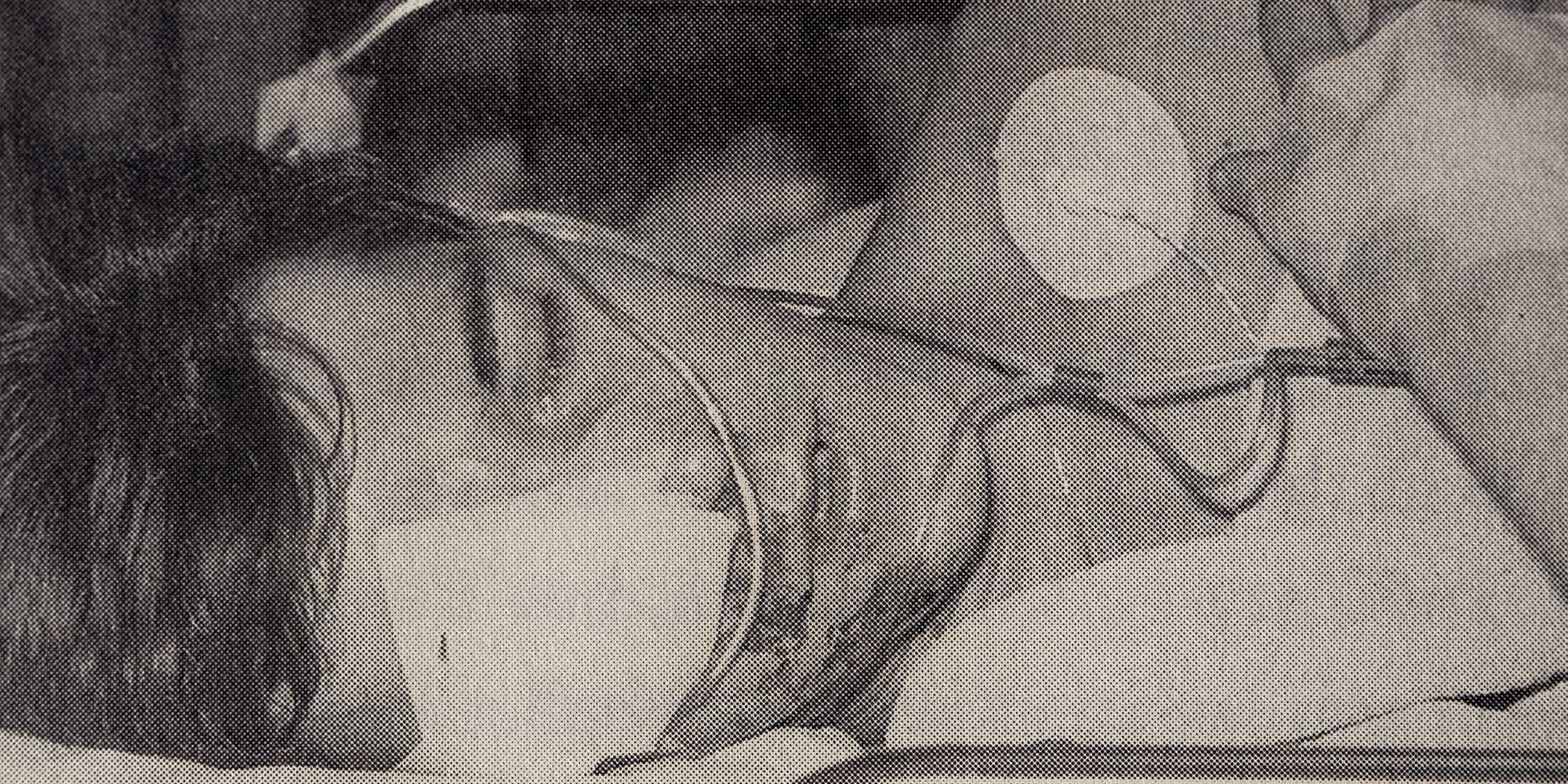
During the ensuing trial, the bank ultimately admitted liability, and jury members awarded Verran $1 million for his injuries. It was reported to be the first seven-figure verdict holding a bank liable for criminal conduct occurring at outdoor facilities. Within days after the verdict, subsequent to its publication in the American Banking Journal, banks around the country began introducing bright lighting, removing high bushes and foliage — replacing vegetation with concrete, thereby eliminating havens for criminals seeking to prey on outdoor customers. Many banks also installed surveillance cameras and 911 emergency buttons. While it took a tragic injury and successful trial to effectuate much needed change, today all consumers can feel safer as they punch in their PINs or make night deposits.
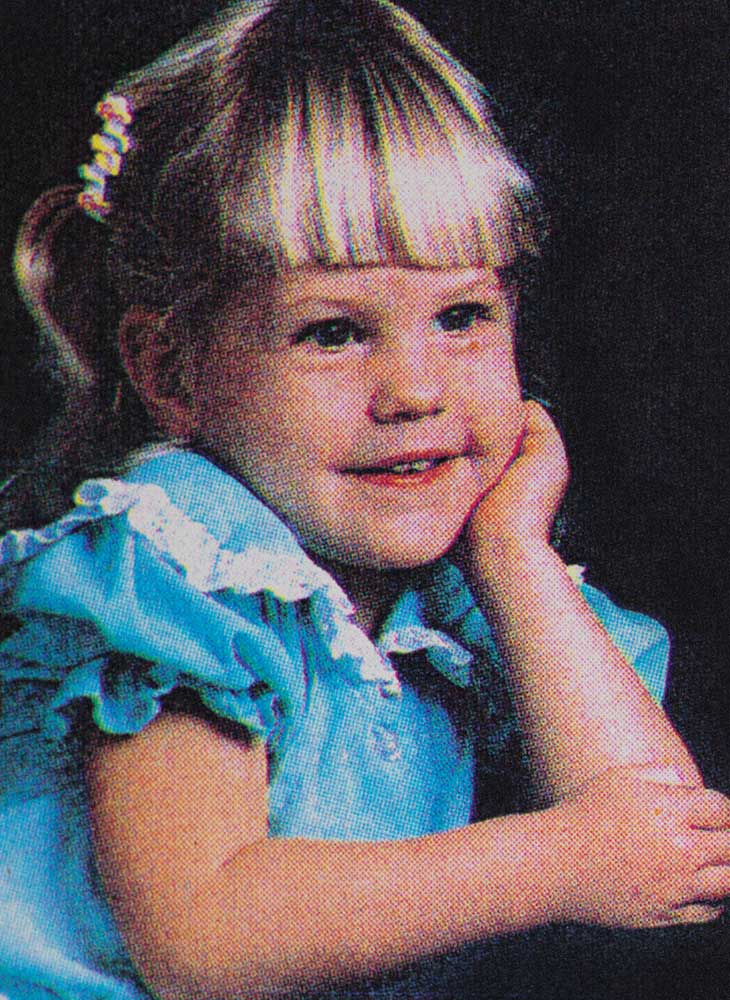
SAFER TOYS
Yerrid took on the large toy manufacturer Fisher Price when the Bowden family experienced every parent’s worst nightmare, the loss of a young child. But through their pain and suffering, Yerrid sought to ensure that no parent would ever experience that same kind of loss again.
Angelic, beautiful 2-year old Jessica Bowden loved her younger brother’s Johnny Jump-Up — the baby toy exerciser that attached to the top of a doorway and suspended a child’s seat below, allowing a small child to sit in the seat and bounce up and down off of the floor. In its original iteration, the toy did not include instructions to remove it from the doorway when not in use, nor did the instructions warn of any danger. On one tragic day, Jessica attempted to use her brother’s toy. She became entangled in its strong nylon straps and was strangled to death. The straps were so tight around her throat that she was unable to yell out.
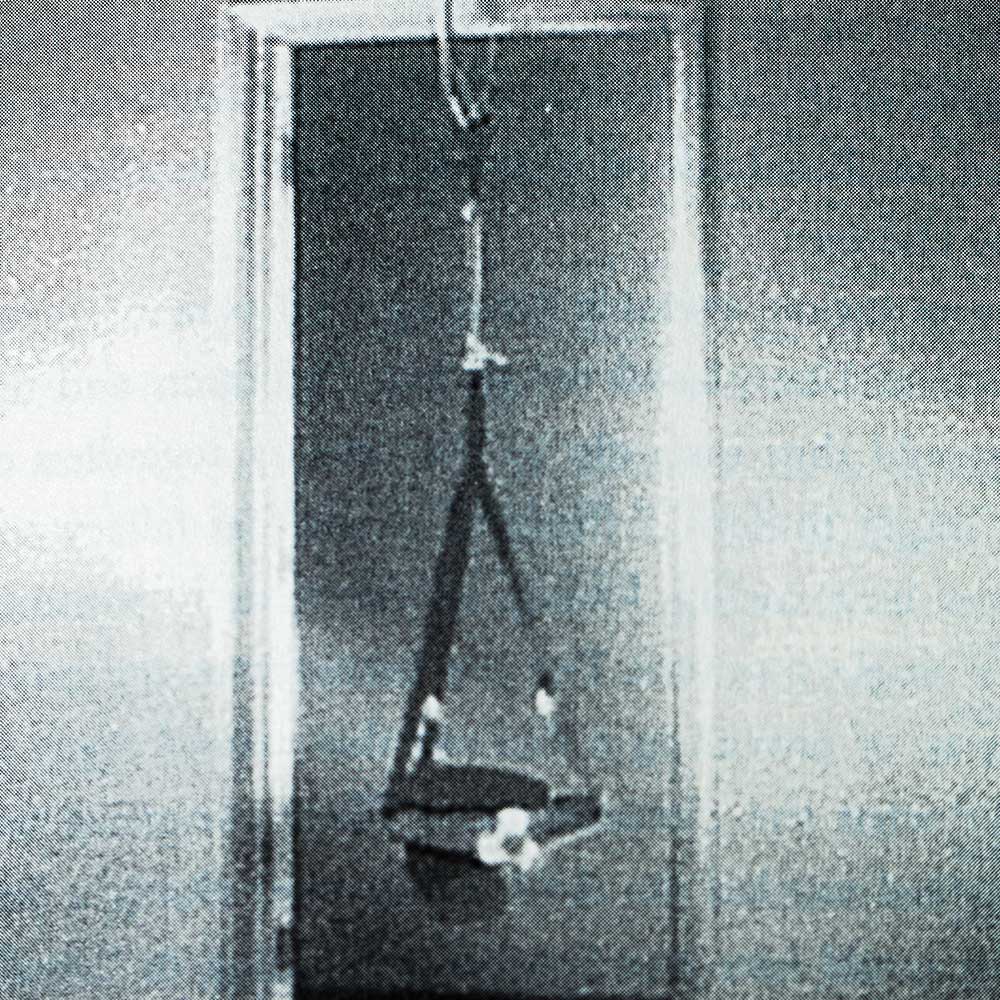
Yerrid sued the company for making a dangerous product and failing to warn of its dangers. At trial, rather than accepting responsibility, the manufacturer blamed the negligence of Jessica’s parents as the sole cause of her death because they left the Johnny Jump-Up hanging in the doorway. In rendering its verdict, the jury completely exonerated the Bowdens and the product was found to be unsafe and without proper warning labels. The jury rendered a $7.5 million verdict for the wrongful death. Although the verdict was set aside, before the second trial the case was settled. Subsequently, the company began putting warnings on the product alerting parents not to leave the baby exerciser hanging in a doorway in order to prevent strangulation by its straps.
“Toy manufacturers need to take all available measures to ensure children’s products are as safe as possible and contain adequate warning labels to inform parents of all known dangers in order to safeguard America’s youth. This case promoted great awareness that toys can kill but that those deaths can be prevented,” Yerrid says.
WHEN GOOD MEDICINE GOES BAD
One place you expect safety to be the highest priority is in a hospital’s emergency room. But, as Yerrid explains, that isn’t always the case. Take the example of Allan Navarro, a former professional basketball player born and raised in the Philippines. He went to the ER of a large local hospital with an excruciating headache, nausea, double vision and dizziness. The stroke he was experiencing was misdiagnosed by a non-physician as a nasal infection, and he was sent home without ever seeing a medical doctor.
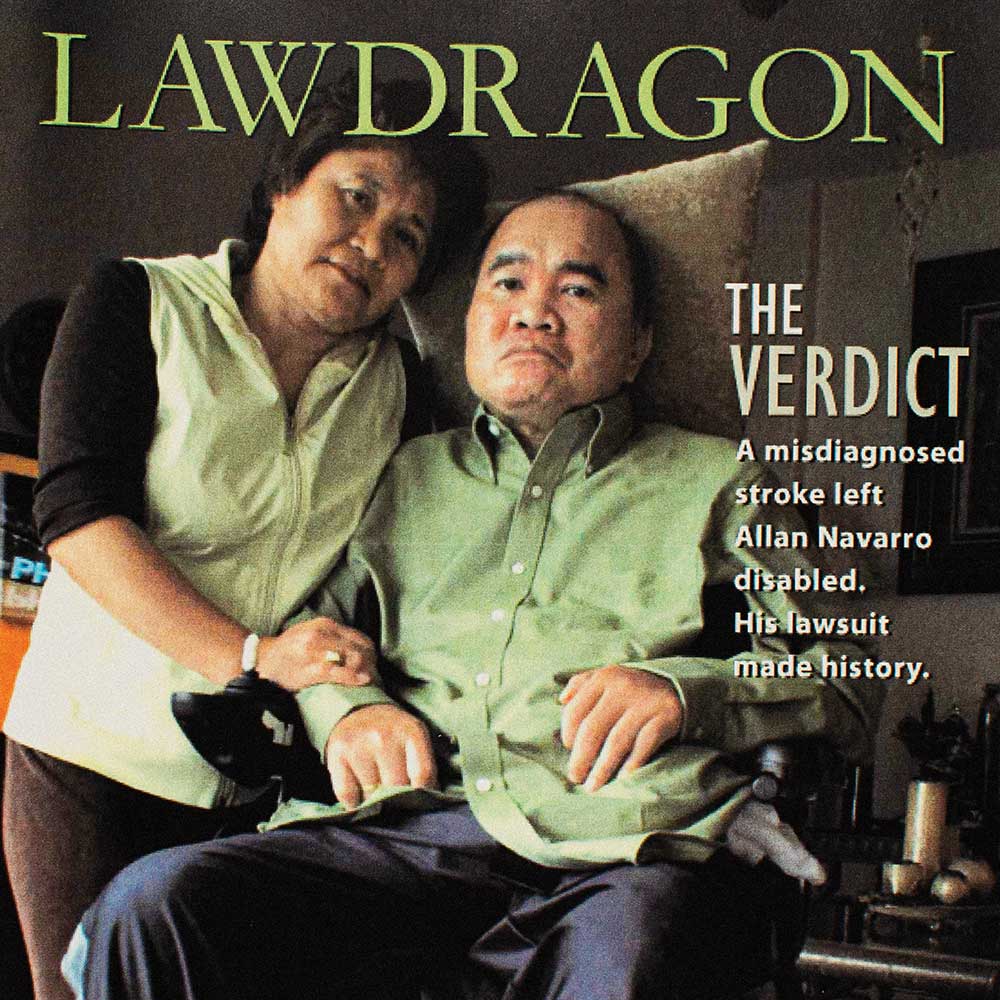
By the next day, he could no longer use his limbs, was experiencing severe respiratory problems and soon after went into a coma. Medical malpractice cost Navarro everything he loved in life, and Yerrid set out to make the jury understand the tragic consequences of inadequate medical care in an ER.
“All the money in the world was not capable of giving this man his former life back,” Yerrid says. “But we wanted to impress upon the jury members that their solemn obligation was to determine the magnitude of the loss in a dollars sense and award a verdict commensurate and reflecting the magnitude of the damages sustained in the only means they had available… money. And I have to convey that magnitude. I want them to know what I already know.”
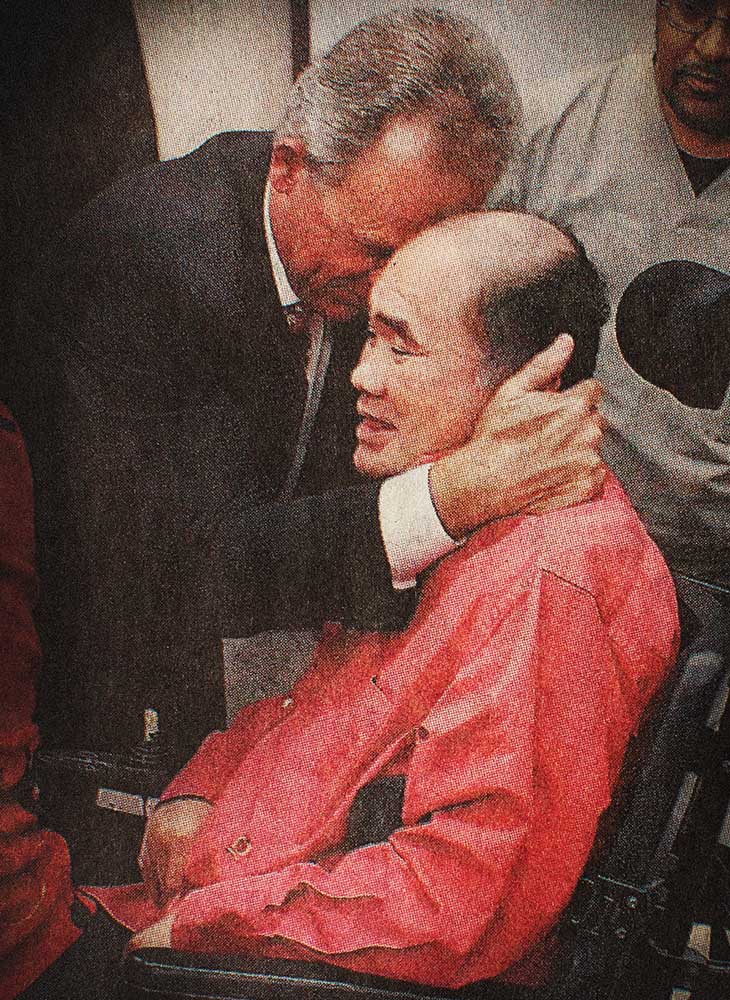
Yerrid, teaming up with Rich Gilbert (Tampa) and his partner, David Dickey, obtained a $217 million verdict for Allan Navarro and his family, the largest medical malpractice verdict in Florida’s history. Also, as a result of this case and similar cases that followed, nearly every patient who steps foot into an ER is seen by a medical doctor, not just a physician’s assistant, before receiving a discharging diagnosis.
“Good medical practice requires a qualified doctor to make certain a patient’s condition is adequately assessed and treated before being sent home. We sent a strong message to hospitals everywhere that there will be severe consequences if proper care is not given,” Yerrid says.
FLORIDA’S WAR AGAINST BIG TOBACCO
Undoubtedly, one of our country’s biggest societal changes happened in the late 1990s when Yerrid and then-Gov. Lawton Chiles’s “Dream Team” took on previously undefeated Big Tobacco — and won. Florida’s “posse” of the 11 best trial lawyers he could select personally risked everything to take on this giant cigarette industry on behalf of the State of Florida. Yerrid was among the first selected and the youngest member of the trial team. He was responsible for the RICO (racketeering) part of the trial largely due to his experience of handling a three-month federal RICO trial when he was only 28 years old. At the time, it was the largest RICO trial in history.
“The cigarette cartel had never paid a dime for the horrific damage and deaths it caused over all those many years,” Yerrid says. “We were taking on an unbeaten foe, with billions of dollars’ worth of power and representation by the best law firms money could buy. Big Tobacco also had an ability to put on massive advertising and public relations campaigns and wage war on their own favorable terms in the court of public opinion.”
It was a personal fight for Yerrid. Both of his parents died of smoking-related illnesses, so he knew firsthand the often-deadly outcomes of nicotine addiction.
“I vividly recall traveling to L.A. and taking the deposition of the top advertising executive for the cigarette industry. I learned Big Tobacco spent billions a year just in advertising,” he says. “Then through our litigation, we uncovered the ‘smoking gun’ documents that revealed, in shocking detail, evidence of outright lies, deliberate deception, and how the industry had targeted our youth for decades.”
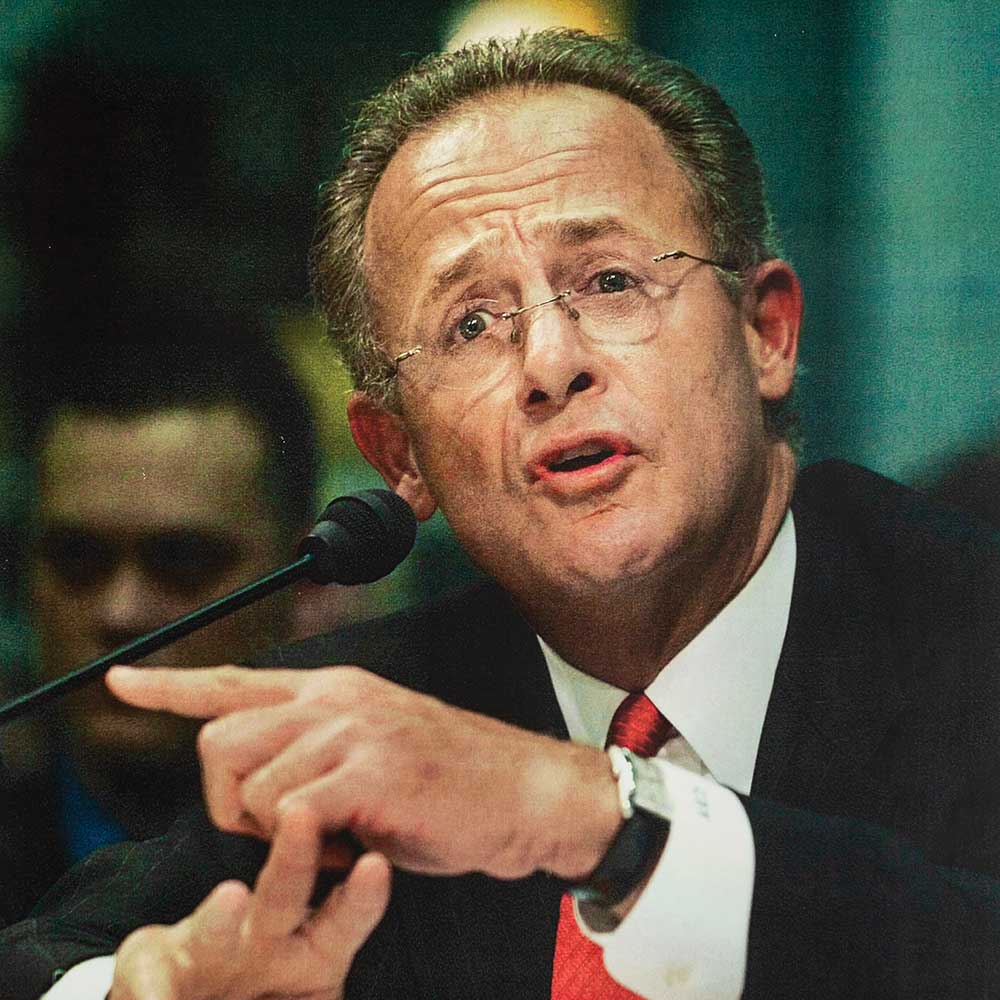
Yerrid put literally everything he had into this case, including the deed to his house. It paid off, with the tobacco companies agreeing to an astounding $13 billion settlement during the third week of trial. Just as important, he says, were the drastic changes and restrictions Big Tobacco accepted concerning their advertising and marketing strategies in Florida and across the country.
“Joe Camel was eliminated, the Marlboro men were retired, the Virginia Slim girls were gone,” Yerrid explains. “Billboards and vending machines were removed from around the country, sponsorship of sporting events was over, and pandering to children was prohibited.”
As part of the deal, the tobacco industry also had to fund a still-running public information “TRUTH” campaign and pay for youth smoking prevention programs designed to stop our children from engaging in this deadly addiction cycle. In recent years, its mission has expanded to include vaping prevention and education regarding its dangers.
“Florida’s result triggered a massive nationwide effort designed to alert our young people to the dangers of a horrific addiction before they ever get hooked,” Yerrid says.
“When we took the case, 400,000 Americans were losing their lives every year to smoking-related illnesses. Florida’s case against Big Tobacco changed my life and saved the lives of many others,” Yerrid says. “Florida’s success and the distribution of these key critically incriminating documents and the monumental advertising concessions was quickly followed by a $200 billion multistate settlement for all the other states in the nation. This truly was a major victory for all of America. I believe a basic fundamental secret about success in representing any client, is to expend the time and effort that are required in each and every case. You have to go with all your heart, exerting your best effort and never anything less. And then sometimes you must reach down even further, and give more. Regardless of what type of case that is being tried, that’s a constant truth I’ve done my best to embrace.”
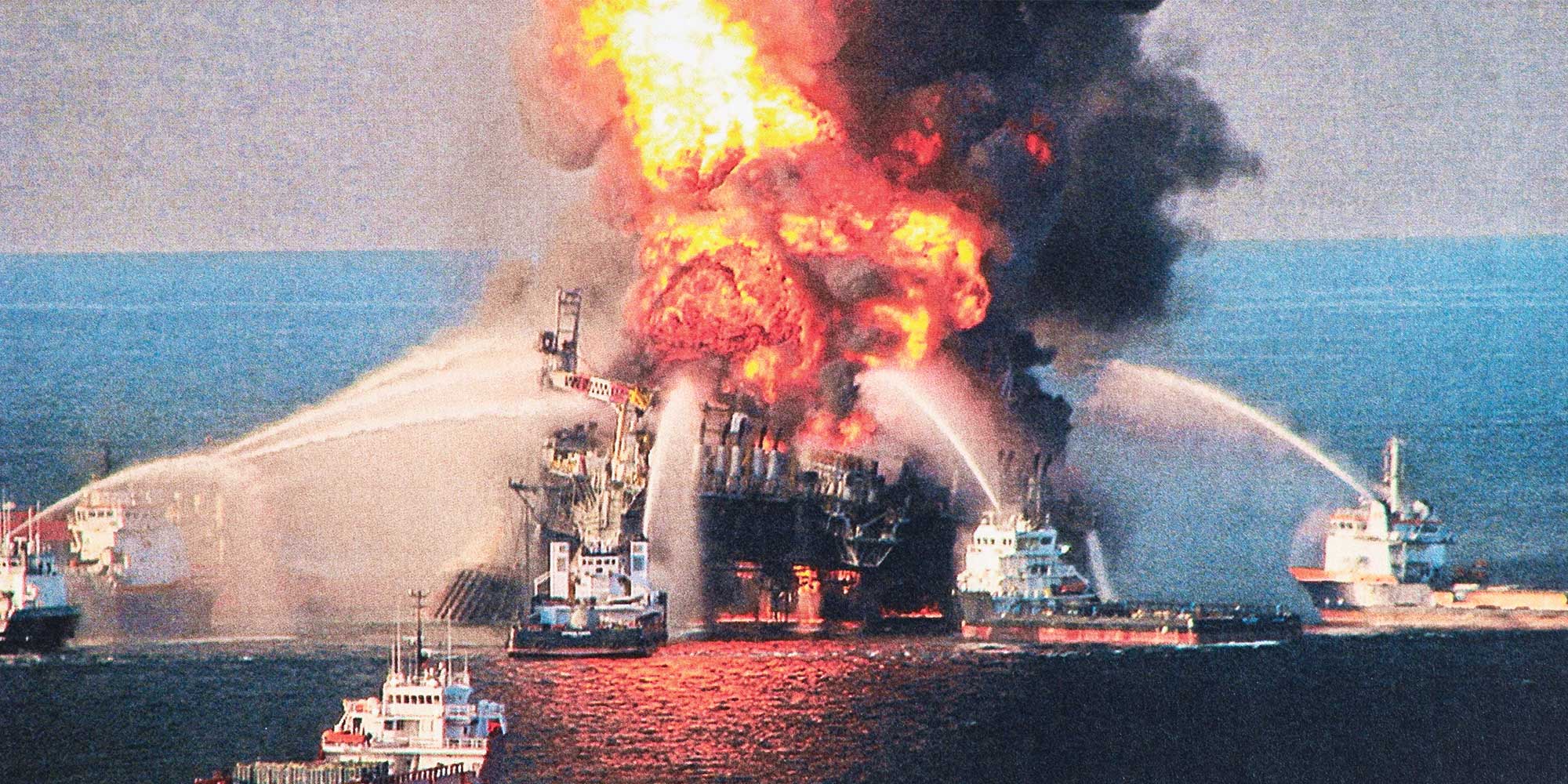
PROTECTING OUR ENVIRONMENT
Yerrid gives his all even when his client doesn’t have a face or a name. “I love nature, particularly our oceans. I probably spend more time these days on the water than I spend on land,” he says. “Every time I saw the video footage of that oil plume pouring into the pristine Gulf of Mexico after the 2010 BP spill, I became more and more angry.”
He was appointed by then-Gov. Charlie Crist as Special Counsel in the State of Florida’s case against BP. The company eventually accepted responsibility for the damage done and paid out billions in reparation. Yerrid also represented the city of Tampa in its case against BP, which agreed to settle the case for $27 million, the largest payout received by any city as a result of the spill. Then-Mayor Bob Buckhorn fulfilled the promise he made at the outset of the case by using the settlement money for public good and created much-needed recreational resources for underserved areas, including the renovation of Julian B. Lane Riverfront Park.
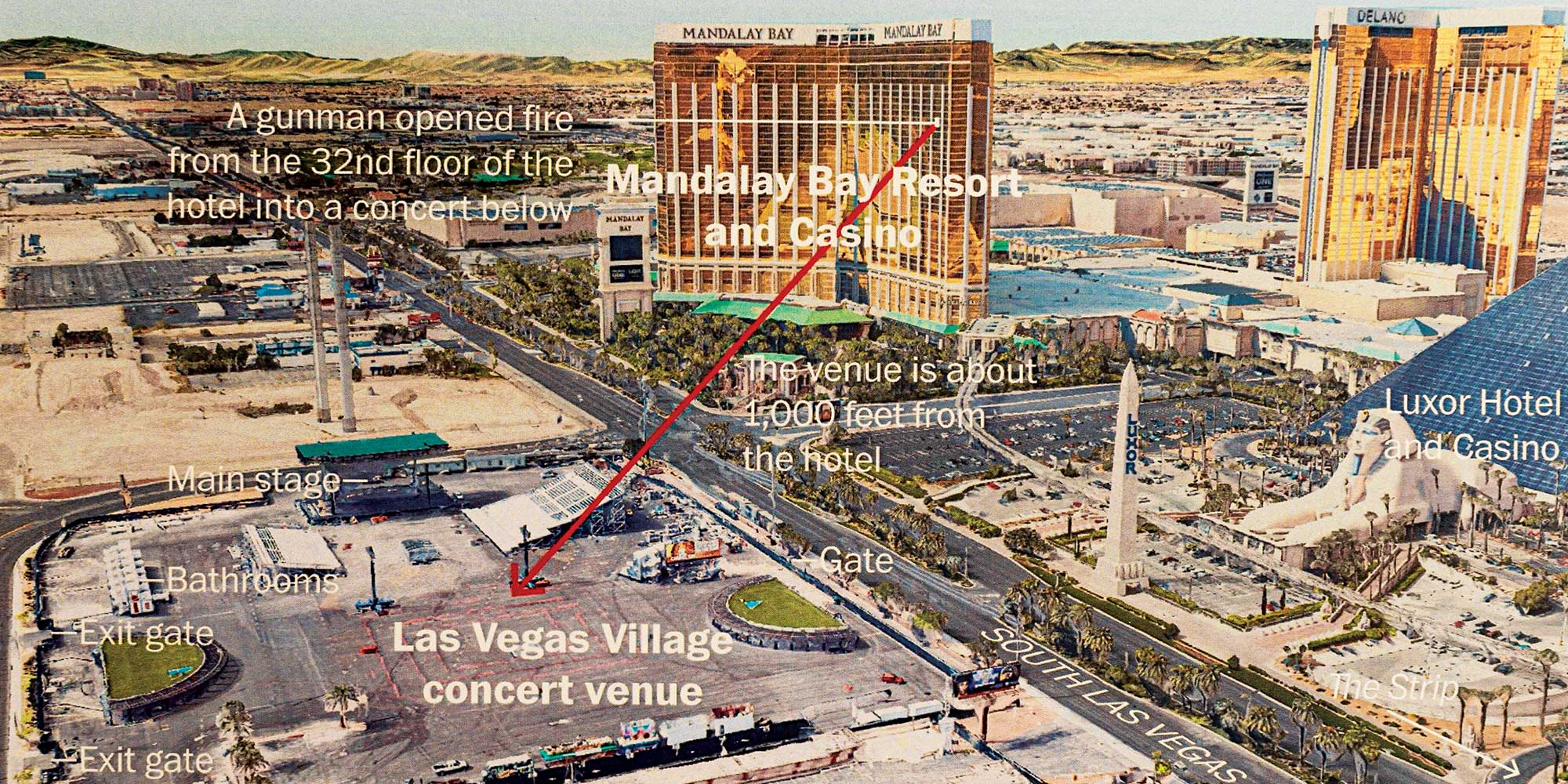
HELPING TO PREVENT MASS SHOOTINGS
Currently, Steve Yerrid and Jeff Murphy are the only lawyers east of the Mississippi representing clients in the horrific Las Vegas shooting tragedy. 58 men and women were killed and over 500 were injured when enjoyment at an outside concert turned into a mass shooting spree and the massacre of many innocent people. The shooter had managed to bring numerous assault weapons and sniper rifles into his Mandalay Bay hotel room undetected. The wrongful death and personal injury cases resulting from this tragic event were recently settled, and MGM’s payment of $800 million will occur this spring. Just as importantly, the hotel industry took notice and implemented vastly improved security measures.
“From those types of tragic cases, we can effectuate changes so that the next generation doesn’t pay the huge price of preventable tragedies,” Yerrid says. “We’ve got to take action not just for ourselves but for those who follow us.
“In my opinion, lawyers don’t make a difference by taking bad cases to trial, or by taking bad clients that are undeserving to trial,” he adds. “Dedicated trial lawyers have made, and continue to make, a meaningful difference by taking on good causes that should be the law of the land and representing good people who deserve justice. In those cases, most often, our system will deliver the truth, and justice will prevail.”


